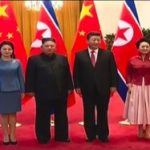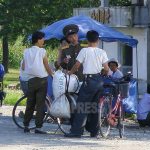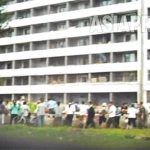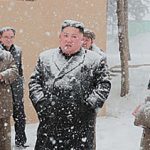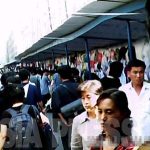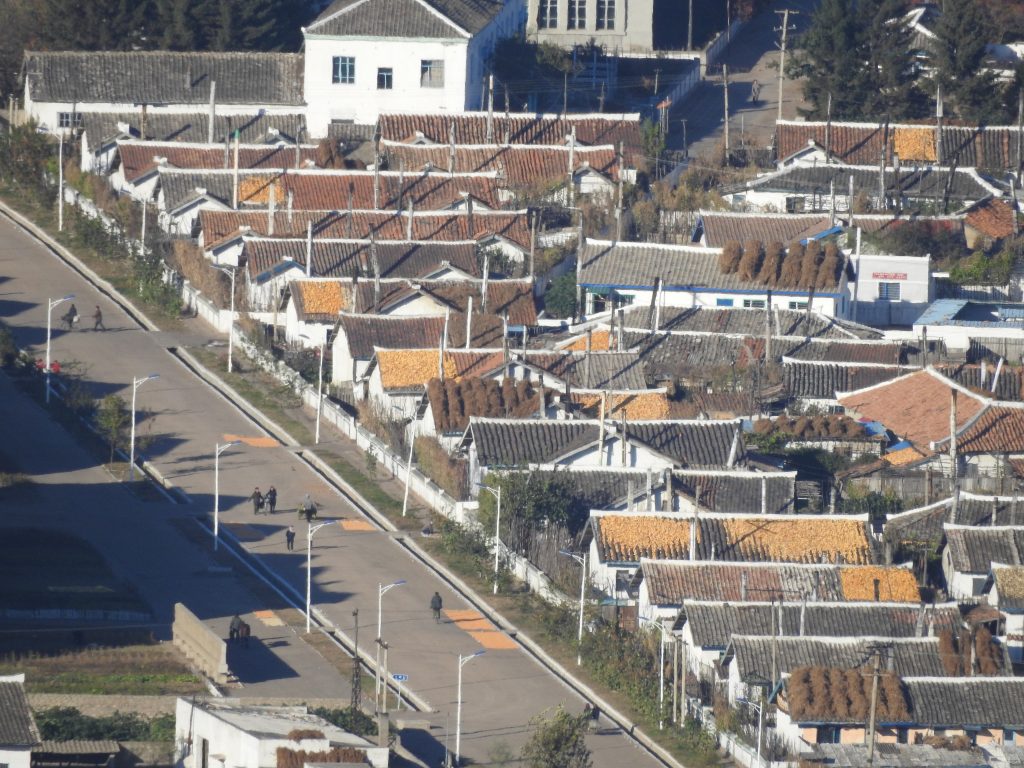
◆ Wheat and Barley Replacing Corn
Another significant change is the increasing cultivation area for wheat and barley. Reports on this have been coming in since around 2023, but the trend has accelerated from 2024.
In last summer's report, B stated:
"Farms have selected land where corn doesn't grow well to plant wheat and have created special wheat work teams. Instructions for double-cropping have been issued, directing farms to plant wheat and barley in low-yield corn fields. About one-third of the land per work team has been planted with double-crop varieties."
In March this year, B reported:
"The wheat and barley area has increased by an additional 2-3 jeongbo compared to last year." (1 jeongbo is approximately 1 hectare)
The legal basis for these changes can be found in the 2021 revised Farm Law. Article 5 states:
"...in crop arrangement, corn farming should be limited as much as possible, shifting toward rice, wheat, and barley farming."
This appears to be the authorities' intention to increase agricultural production through wheat and barley cultivation, which requires less labor and fertilizer than corn and allows for double-cropping.
According to B, farm workers have responded positively to wheat and barley farming:
"It requires only about one-third of the farming materials needed for corn—such as plastic film, fertilizer, and herbicides—and can produce yields equivalent to or greater than corn even on poor soil, so farms welcome this change."
◆Abandoning "Juche Farming Methods"?
So here is a question.
Might changes such as expanding farm autonomy to select seeds or replacing corn with wheat and barley violate past leader directives like Kim Il Sung's Juche farming methods?
When asked whether recent farm changes could be seen as abandoning Juche farming methods, B responded:
"Rather than directly negating Juche farming methods, these changes are being promoted as countermeasures to global warming and climate change. Instructions have come down with the concept of 'our style of farming revolution in response to climate and environmental changes.'"
This appears to be an attempt to indirectly erase these principles rather than directly rejecting Juche farming methods.
Evidence suggests internal efforts to remove the influence of Juche farming methods and previous leaders:
"At the farm level, all phrases referring to Juche farming methods and implementing the 'yuhun' were eliminated from April 2024 onward. While I'm not sure if there were specific instructions about this, there has been continuous emphasis on new agricultural reforms instead of past methods."
※Yuhun: Refers to the teachings left by deceased persons, specifically the comprehensive instructions left by former leaders Kim Il Sung and Kim Jong Il for state management and various aspects of social life, which have had binding force beyond law in North Koreans' lives.
※Juche Farming Methods: Agricultural guidance principles and farming guidelines conceived by Kim Il Sung in the 1970s, aiming for food self-sufficiency. These have been identified as a major cause for the maintenance of outdated farming methods in North Korea.
In the next installment, we will continue examining what changes are occurring locally as farm management autonomy expands. (To 3 >>)
※ ASIAPRESS communicates with its reporting partners through Chinese cell phones smuggled into North Korea.
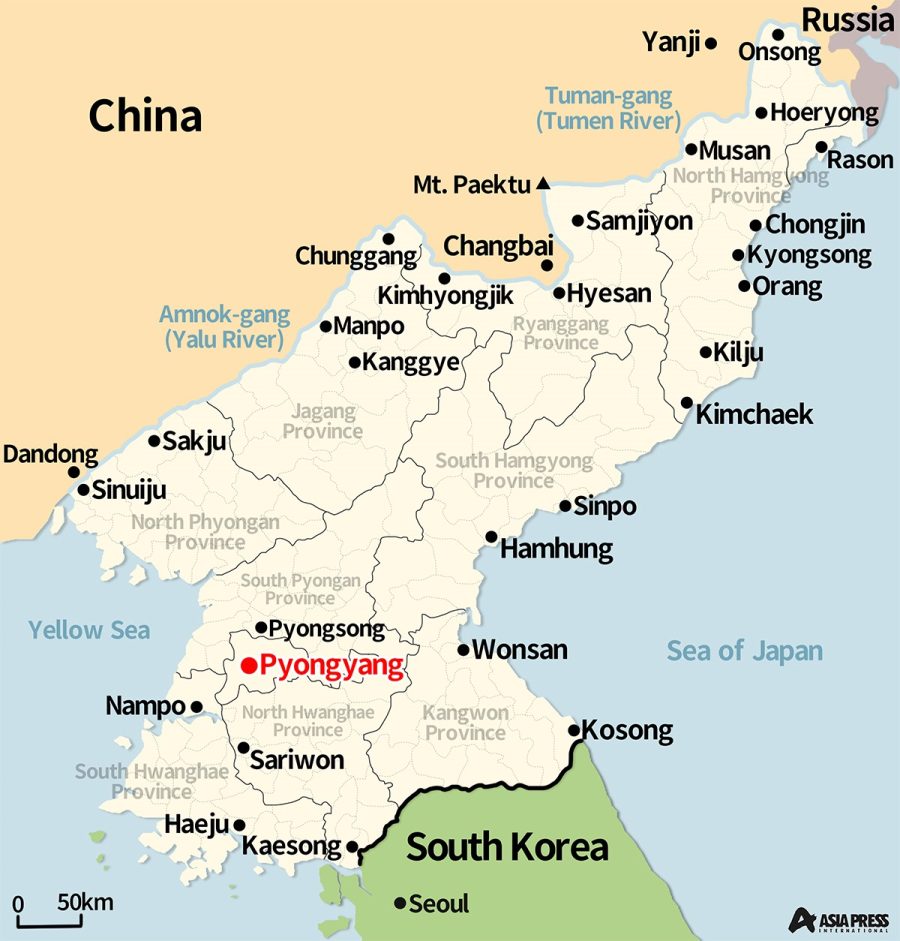
<North Korea Special>What is the Reality of Kim Jong-un's Agricultural Policy Reform? (2) Enterprise-Style Farms Codified in Law - Has 'Juche Farming' Been Abandoned?
- <Inside N. Korea>Even Housewives Being Mobilized - New "Women's League Shock Brigades" for Farm Labor as Kim Jong-Un Regime Demands Farms Cover Labor Costs
- <Inside N. Korea>Four Struggling Female Students Expelled and Banished to Rural Areas for Prostitution: Young People's Violation of Order Met with Harsh Punishment
- <Inside N. Korea>Hunger Crisis: As 'Starving Spring' Approaches, Kim Jong-un's Regime Begins Surveying ' Households in Food Crisis'…UN Agency Reports: "45.5% of Population, 11.8 Million People Suffering from Malnutrition"
- <Inside N. Korea>The Rapid Expansion of Online Banking: Tracking Citizens' Money? Kim Regime Accelerates E-Money Adoption
- <Inside N. Korea>The 'Last Stronghold' of Defection in Crisis: Security Bureau Receives Commendation for Crackdown Success - Smuggling and Defections Nearly Eradicated
